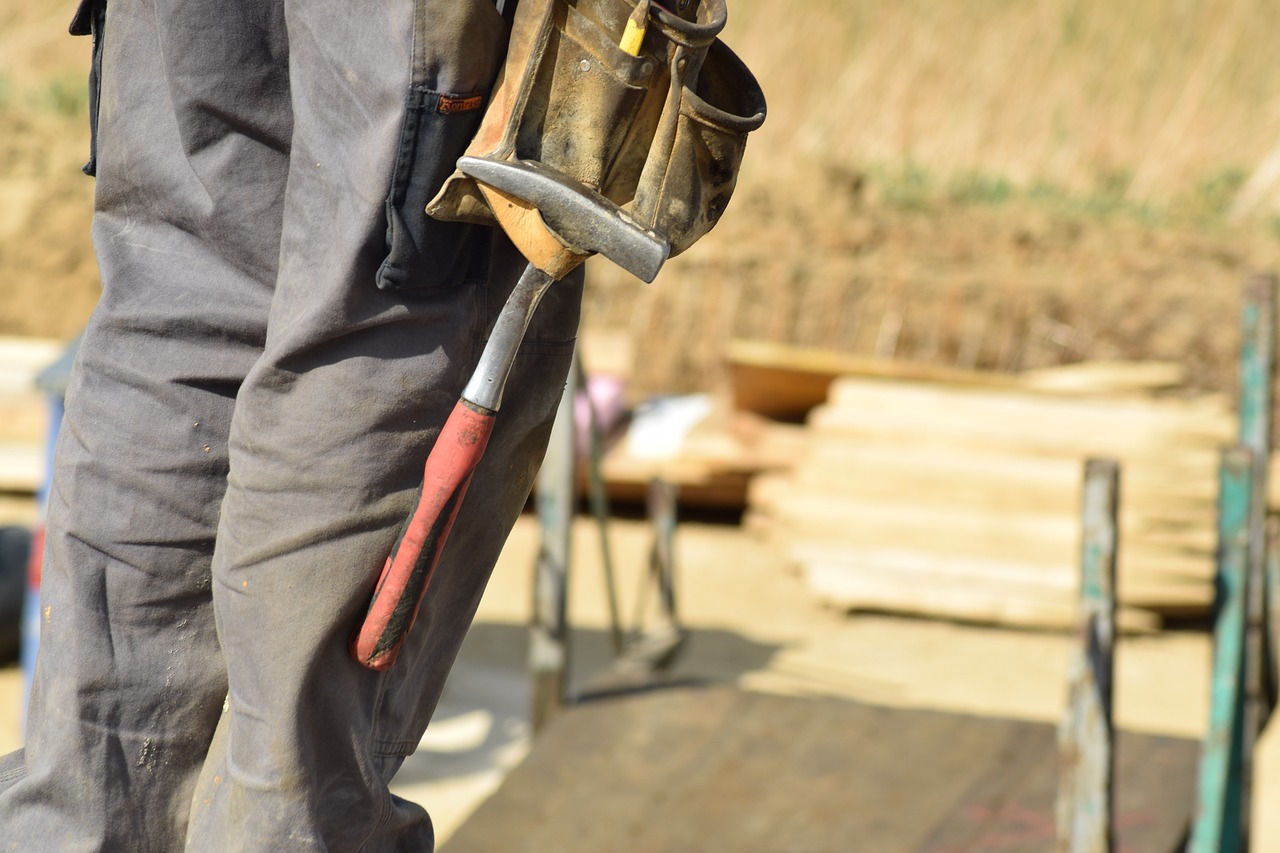The Skilled Labor Shortage
The Most Common Home Closing Delays & How to Avoid Them
You accepted an offer a month ago on your home. You are already moved out and ready to close that chapter of your life. BAM! Something goes awry, and now you are left to see when and if the deal will actually close.
You would think that after an offer is accepted, the deal is done, but that is not always the case. It may only be the beginning of a very long long road. It often takes anywhere from 30 to 50 days to close on a home. If the process goes smoothly, you could be on the lower end of this range, but you could also experience some delays that extend this timeline.
Common Real Estate Closing Delays
In one report from the National Association of REALTORS®, 23% of contracts had a delayed settlement in a three-month span and 7% were terminated.1 The contracts that were not on time were delayed for several different reasons. If you are thinking about buying or selling soon, you do not want this to happen to you. Some common home closing delays as well as tips on how to try to avoid them are below.
1. Home Inspection Problems

Especially if the home inspection results in more serious problems, it can give buyers pause. If the buyers have a home inspection contingency, the deal may even fall through.
Issues like mold, faulty electricity, or foundational problems are all red flags that may kill the deal. These issues will likely need to be addressed or the terms of the deal may need to be renegotiated before moving forward.
How to Minimize Delays
Once problems with the inspection arise, it can be a long road to get the deal back on track. To avoid any home closing delays, sellers should take a preemptive approach. Making inspection repairs before selling can not only keep these problems from occurring but may also increase the resale value of the house.
2. Financing Issues

Some house closings fall through or get delayed because of financing. Although a buyer may be pre-approved for a loan, it does not mean the loan is guaranteed. The lender could later decide to deny the application once they have more information. This may happen if the buyer’s financial situation changes from when they first got approved or if interest rates rise. In other cases, getting the paperwork together could be the cause of the closing delay as the buyer struggles to get all the documents together.
How to Minimize Delays
To minimize closing delays, the buyer should try to get all the necessary paperwork together as soon as possible. If they were pre-approved for a loan a while ago and their circumstances changed, they may want to get pre-approved again.
3. Low Appraisal
The appraisal is used to confirm that a property is worth the sales price. Sometimes the appraised value will come in lower than the sales price. This discrepancy can happen for several reasons such as a shifting market, inaccurate property comparisons, or seller expectations that are too high. If the appraisal is too low, closing is delayed by the bank because they will not lend more than the appraised value.
How to Minimize Delays
In the event that the appraisal is the reason for the closing delay, there are a few options to get the deal to go through. Sellers could make an appeal or make updates to increase the home value, buyers could make up the difference in cash, or both parties could renegotiate the price. All of these are done after the fact.
To avoid a closing delay from the start, sellers should make sure the home is priced right. They may also want to make basic pre-listing home updates to boost the value. Buyers should be mindful of their bid.
4. Problem with the Title
Part of the home-selling process is a title search to ensure the person who sells the home actually owns it and the house can be legally transferred to the buyer. During this process, a few different problems can arise that can lead to a delayed closing. Liens, bankruptcy claims, unpaid taxes, or unresolved disputes on ownership can all delay a home closing and may need legal intervention.
How to Minimize Delays
Title problems can get sticky, so it is best if the seller is proactive. They should check that all their debts on the house are paid before listing and may want to consult with a real estate attorney if they have any concerns about other potential problems.
Buyers can get title insurance to protect themselves if an issue arises that wasn’t found during the title search.
Get Help
Unfortunately, not all these home closing delays are avoidable, but a good agent may help you navigate them or at least decrease the amount of time that the closing date is pushed back. If you are selling soon and are in need of a listing agent, we may be able to help. Start by filling out our free estimate form and then we may be able to match you to a qualified real estate agent in your area.
The real estate industry can be confusing, but it is okay to ask for help along the way.
Sources:
- National Association of REALTORS® Research Group (2022). REALTORS® Confidence Index Survey
Frequently Asked Questions
The amount of time it takes to close on a house can vary greatly. Closing within a month is common, but this closing period can range anywhere from two weeks to almost two months depending on the circumstances.
In some cases, the seller delays closing. This can happen for a multitude of reasons such as scheduling issues or even cold feet. You can review the contract for information regarding reasonable delays from the seller and the permissible timeline for these delays. Many contracts will allow for a 30-day window, but this can vary.
In some cases, a delayed closing from the seller may result in a breach of contract. This occurrence happens when the agreed terms of the contract regarding the closing timeline are not followed. The seller can request a closing extension, but the buyer may choose to walk away instead.


